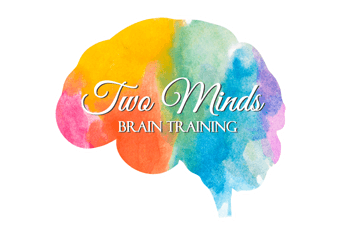Concussion Survivors
Brain injury is the leading cause of death and disability for Canadians under the age of 40
Approximately 1.5 million Canadians live with the effects of an acquired brain injury
The annual incidence of ABI is greater than that of Multiple Sclerosis, Spinal Cord Injury, HIV/AIDS and Breast Cancer combined.
The number of affected people continues to grow.
People are impacted physically by Traumatic Brain Injury (TBI) with sleep issues and fatigue, with headaches and hand-eye coordination, and even with general dizziness and lack of balance.
Cognitively, people can have a much harder time making decisions and plans. Learning and concentration can become more difficult, and understanding information can take longer.
People note emotional changes like having a shorter temper, or are prone to sudden and inexplicable mood swings, among other issues.
Quite often the behavior changes with behavior becoming more risky and impulsive. Sometimes there’s a lack of filter, which can lead to difficulty in social and work relations.
Head trauma can take months, even years to recover from. Sometimes, it lasts a lifetime.
Neurofeedback helps to manage the symptoms of ABI (acquired brain injury) by helping to stabilize inefficient brainwaves. Once the brainwaves are trained to work at their optimum levels, there is a noticeable improvement in many of the negative issues that were affecting their lives.
By working to train the brain, and to optimize the brainwaves, neurofeedback helps to manage the symptoms of ABI and to promote a healthy and balanced brain.
At Two Minds Training, we help you and your body naturally heal you and your brain.
